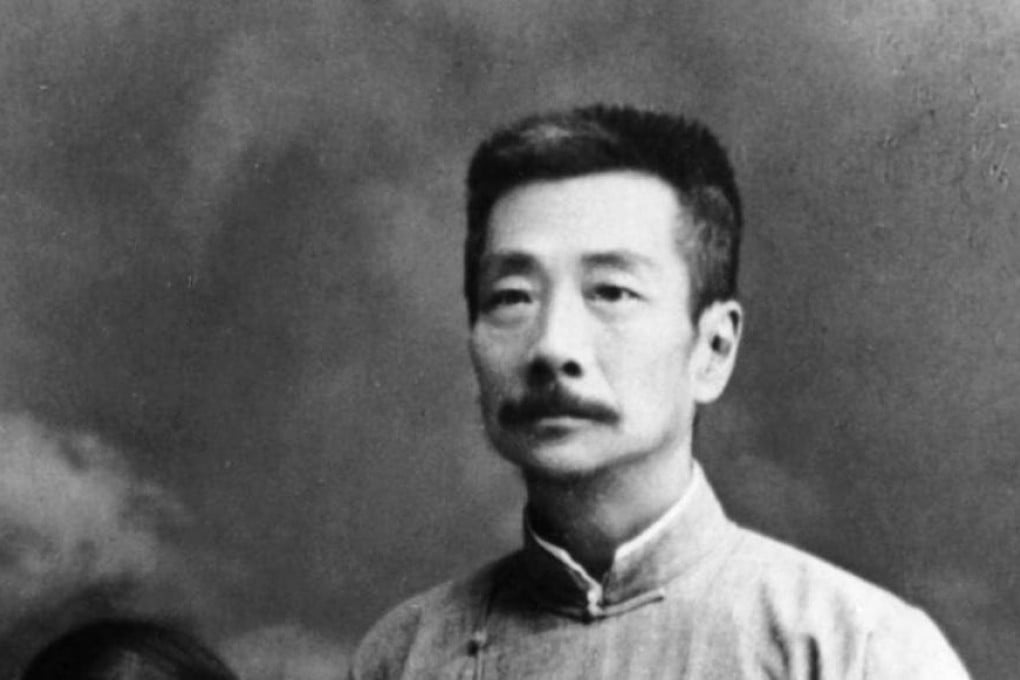Parents angry at removal of Lu Xun's works from China's school textbooks
Parents, intellectuals are upset over removal of essay by Lu Xun; pupils say work too difficult

An essay by Lu Xun, a towering figure of modern Chinese literature, has been dropped from the latest edition of middle school textbooks, triggering an outcry among parents and intellectuals, who say the author is essential to understanding the national psyche.
The People's Education Press, a government-backed publisher that supplies most of the mainland's textbooks, removed Lu's essay The Kite as part of revisions to its seventh-grade textbooks for Chinese and literature.
For years, pupils and teachers have long complained Lu's works are too difficult for young people to understand and that his insights into Chinese culture, written almost 100 years ago, are losing their relevancy. The decision may please them, but others feel it is a step in the wrong direction.
Tens of thousands of people posted comments online overnight on Wednesday after a newspaper in Henan reported the editing decision. In two surveys conducted on Sina's Weibo, the mainland's most popular microblog site, more than 85 per cent of respondents disagreed with removing Lu's essay.
Lu Xun was the pen name of Zhou Shuren (1881- 1936), who wrote using both traditional Chinese conventions and 19th century European literary forms. He penned short stories, essays and letters that had an enormous impact on modern China. His two short story collections, Nahan ( A Call to Arms or Outcry) and Panghuang ( Wandering) were established classics and often viewed as marking the beginning of modern Chinese literature, said Qian Liqun , a professor of literature at Peking University.
"For China's reformers and intellectuals of different generations, Lu 's importance to the country lies not only in literature. His works fostered introspection in Chinese society and led to the questioning of orthodoxies and authorities," Qian said.
"Even now, when reading his writings, you will feel powerfully inspired to think critically about society and the authorities of China's past, its present, or even of its future."